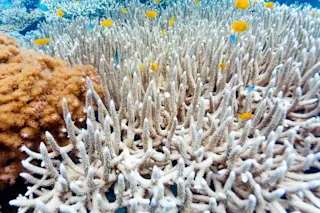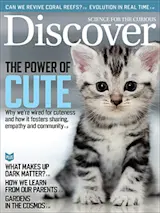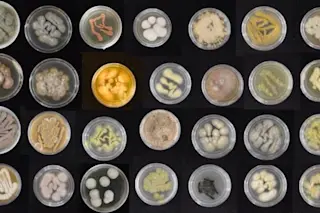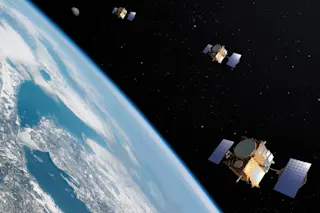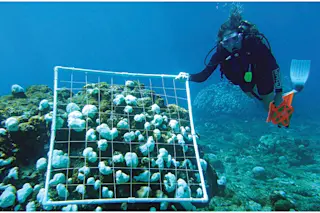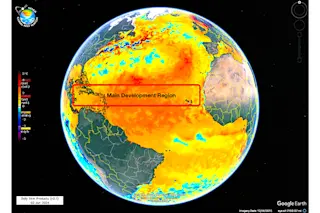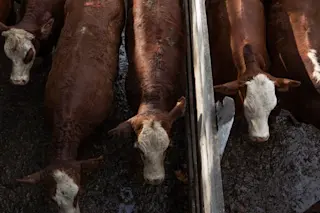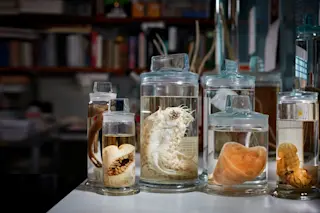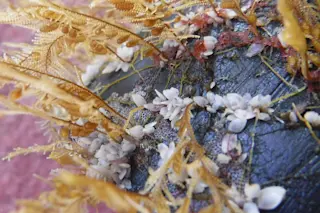As reports of coral reef die-offs rolled in year after year, marine biologist Raquel Peixoto couldn’t help but feel inundated. Mass reef bleaching events were already five times more common by 2016 than they’d been in the 1980s — a pace that has continued with ocean warming trends, which only exacerbate the die-offs. That’s a big problem for the larger ocean ecosystem, since coral reefs support thousands of fish and invertebrate species — more than any other undersea environment.
With images of corals’ dead white skeletons haunting her, Peixoto started brainstorming solutions. “Trying to do something,” she says, “makes me less depressed.”
At some point, a thought occurred to her. What would happen if she dosed threatened reefs with “coral probiotics” — strains of beneficial bacteria known to support coral health? In the past, she’d used petroleum-eating microbes to treat mangrove trees covered in spilled oil. So it seemed plausible ...


